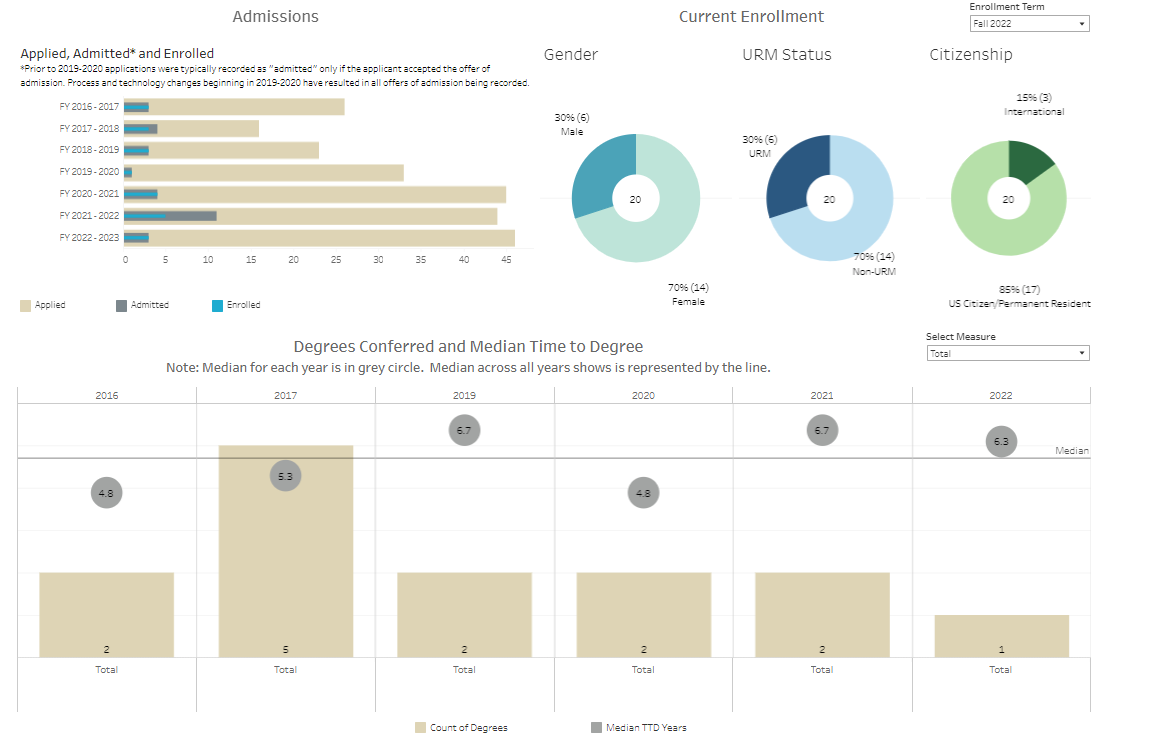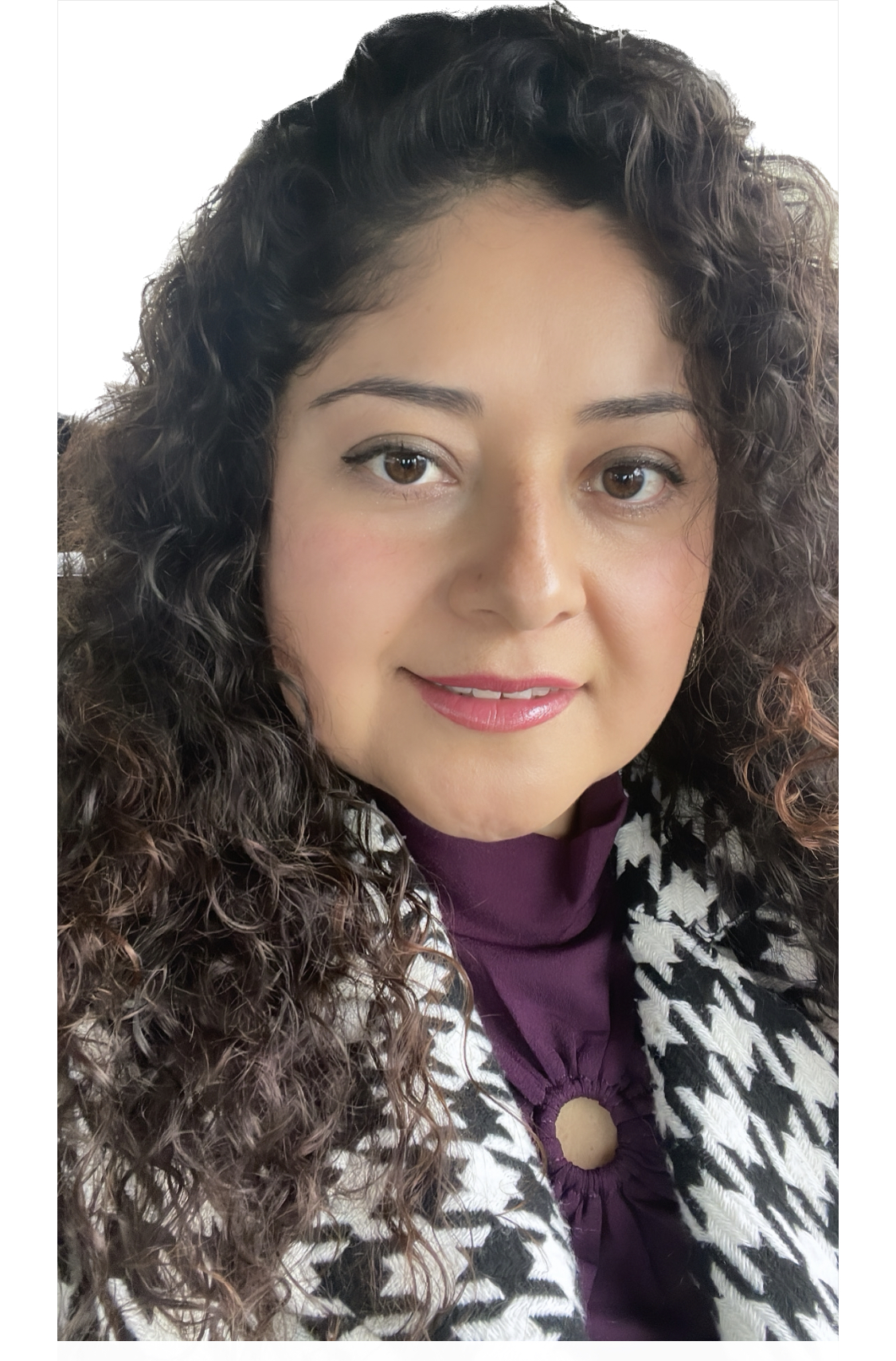ABOUT
The Computational Bioscience Graduate Program at CU Anschutz is an interdisciplinary and cross-campus initiative aimed at delivering exceptional educational and research opportunities across a wide spectrum of computational research in the biomedical sciences. Our training faculty are dedicated to fostering a dynamic program that offers mentorship and guidance to the next generation of biomedical computational researchers. We prioritize close engagement with our students, who are essential to our mission and vision for the future. The program is continually expanding its Training Faculty, providing students with access to a diverse group of internationally recognized scientists as mentors.
The program is designed to equip graduates with a strong foundation in computational methods, spanning molecular to clinical research. As cutting-edge artificial intelligence (AI) technologies, including deep learning and large language models (LLMs), revolutionize biomedical informatics, our program places students at the forefront of developing and integrating these technologies to transform real-world applications in biomedical research and healthcare. The complexity of data generated by modern technologies has driven significant advancements in biomedical informatics, enabling the generation of new hypotheses and deeper insights Students will gain a deep understanding of the science, technology, and computational areas that bridges these fields, along with the critical skills to develop problem-driven, innovative computational solutions in using mathematical frameworks, statistical modeling, machine learning, natural language processing, computer vision and AI principles for critical biomedical challenges. They will also learn about the real-world impacts of informatics and AI, including safety, ethical considerations, and responsible deployment, ensuring a reliable transformation of these technologies into biomedical research, healthcare settings, and beyond.

In 2024 we made several major curriculum updates:
- To leverage faculty experts and extensive campus offerings, we now provide four new tracks for students to specialize: Bioinformatics, Computational Neuroscience, Imaging Informatics and Clinical Informatics (see Curriculum)
- To build foundational skills, we offer two new required courses for first year students: CPBS 7601 Computing Skills in the Biomedical Sciences & CPBS 7602 Introduction to Big Data in the Biomedical Sciences.
- To enhance research training, we include an additional computational topic elective for the second (or third) year in the program.
After coursework is completed, here are examples of dissertation projects from our current students and recent graduates in cutting-edge research areas:
- Improving bacterial genome assembly and annotation
- Studying infectious diseases with a focus on host-directed drug repurposing
- Leveraging statistical modeling and machine learning techniques for single-cell spatial transcriptomics
- Analyzing cell microscopy images to predict mechanisms related to cell health and death
- Developing computational methods to probe how information is represented for visual perception
- Using imaging and deep learning for translational research and clinical decision making
- Deploying AI and user-centered design techniques to gather robust feedback in clinical settings
- Integrating clinical records and biomedical knowledge graphs
- Leveraging LLMs to identify knowledge gaps for science discovery
Student Support
Students accepted in the PhD program are provided full tuition, health and dental insurance, and a stipend of $41,912 per year for living expenses. Continued support is contingent upon satisfactory academic and research performance by the student. When a student enters a thesis lab, the thesis mentor assumes complete responsibility for the student’s stipend, benefits, tuition, fees, and associated research costs.
The Student Handbook
The handbook is a document and guide for current students that includes parts of the Graduate School policies and the Computational Bioscience Graduate Program Guidelines.
Learning Outcomes
The following four goals represent the foundation of the Computational Bioscience graduate education program at the University of Colorado Anschutz Medical Campus.
Educational Goals and Objectives
Knowledge Goals - Graduates demonstrate their knowledge of core concepts and principles of computational bioscience, and the ability to apply computation to gain insight into significant biomedical problems. This knowledge includes mastery of the fundamentals of biomedicine, statistics and computer science, as well as proficiency in the integration of these fields. Graduates contribute to the discovery and dissemination of new knowledge.
Knowledge Objectives- Demonstrate knowledge of the scientific principles that underlie the current understanding of molecular biology, statistics and computer science.
- Demonstrate an ability to productively integrate knowledge from disparate fields to solve problems in biomedicine using computational methods.
- Demonstrate knowledge of the types and sources of data most commonly used in computational bioscience, including knowledge of all major public data repositories.
- Demonstrate the knowledge of the classes of algorithms most often applied in computational bioscience, and their domains of applicability.
- Demonstrate an understanding of the principles and practice of the scientific method as applied in computational bioscience, including experimental design, hypothesis testing, and evaluation of computational systems.
Communication Skills Communication Skills Goals - Graduates demonstrate interpersonal, oral and written skills that enable them to interact productively with scientists from both biomedical and computational domains, to clearly communicate the results of their work in appropriate formats, and to teach others computational bioscience skills. Graduates are able to bridge the gap between biomedical and computational cultures.
Communication Skills Objectives- Communicate effectively, both orally and in writing, in an appropriate range of scientific formats, including formal presentations, collaborative interactions, and the critique of others’ work.
- Demonstrate familiarity with both biomedical and computational modes of expression, and be able to communicate clearly across disciplinary boundaries.
- Demonstrate commitment and skill in teaching to and learning from students, colleagues, and other members of the scientific community.
Professional Behavior Professional Behavior Goals - Graduates demonstrate the highest standards of professional integrity and exemplary behavior, as reflected by a commitment to the ethical conduct of research, continuous professional development, and thoughtfulness regarding the broader implications of their work.
Professional Behavior Objectives- Act in an ethically responsible manner, displaying integrity, honesty, and appropriate conduct at all times.
- Recognize the limits of one’s knowledge, skills, and behavior through self-reflection and seek to overcome those limits.
- Always consider the broad significance of one’s professional actions, including their implications for society and the living world.
Our History
The Computational Bioscience program was established in 2001 by Dr. Lawrence Hunter, founder of the International Society for Computational Biology and the well-known International Conference on Intelligent Systems for Molecular Biology (ISMB) and Pacific Symposium on Biocomputing (PSB) conferences. The program was awarded the prestigious National Library of Medicine Biomedical Informatics Training Grant in 2006, which has provided funding for students and post-doctoral fellows.Program Committees
Student Outcomes and Demographics

Enrollment data for the Computational Bioscience PhD program from 2016-2023 (left), student demographics for all terms (right), and degrees conferred with median time to degree below.


